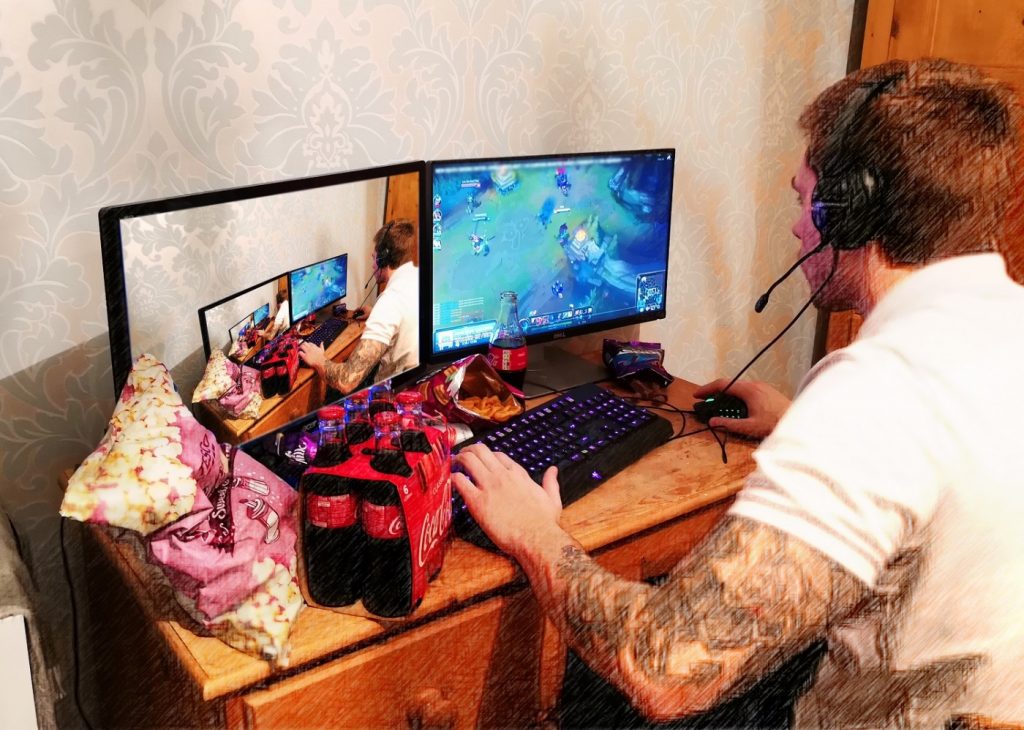 Digital Tethering: Understanding Digital Immersion within Streaming and E-Sports
Digital Tethering: Understanding Digital Immersion within Streaming and E-Sports
Our Photo of the Week series features photo entries from our annual Research Photography Competition taken by BU academics, students and professional staff, which gives a glimpse into some of the fantastic research undertaken across the BU community.
This week’s photo of the week is by Charlie Simmons, a final year undergraduate student on a BA (Hons) Business Studies with Marketing programme. This project was co-created with Dr Elvira Bolat, Senior Lecturer in Marketing in the Faculty of Management, and won a prize for the Centre for Excellence in Learning (CEL) co-creation awards. Charlie’s work is around digital tethering, particularly in understanding digital immersion.
Immersion is used outside of digital space as a term to measure the degree of involvement in a specific activity. Digital immersion is now a ubiquitous phenomenon that can be observed in all human activities starting with consumption of services and products as well as professional tasks. Overall academic literature, in particular business and management literature, lacks understanding of digital immersion, perhaps due to methodological challenges associated with researching this area. Using the context of e-sport, this research study revealed that in the context of digital connectivity immersion is not only a feeling but a state of mind; it causes behavioural changes in its e-sport players and keeps them habitually absorbed. At the heart of digital immersion are people, streamers (influencers) and community whom have the power to manipulate individuals’ behaviour.
At the heart of digital immersion is community; the more an individual is experiencing community and feels part of that community, the more likely they are to be immersed in the digital environment. Entertainment within content is also irrelevant to the digital immersion, which is contrary to existing research. Content allows users to escape from reality and forget about real world problems, and learning in combination with community factors found to have a strong and positive impact on digital immersion. Findings of this research have implications beyond its contextual focus, e-sports. Businesses can utilise learning, escape and community effects to improve online presence and stimulate much more meaningful engagement with a digital content.
—
For more information about this research, please contact Dr Elvira Bolat here.
 Welcome to BU from China! From the beginning to the end of your studies at BU, let’s focus on the middle bit and the all-important ‘sandwich placement’!
Welcome to BU from China! From the beginning to the end of your studies at BU, let’s focus on the middle bit and the all-important ‘sandwich placement’!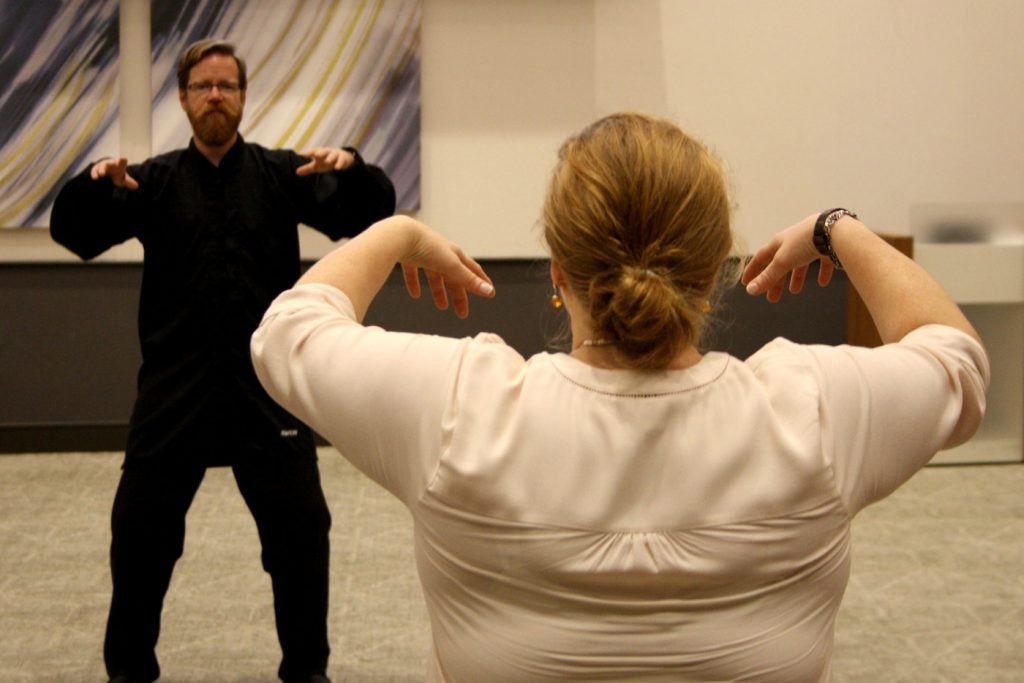
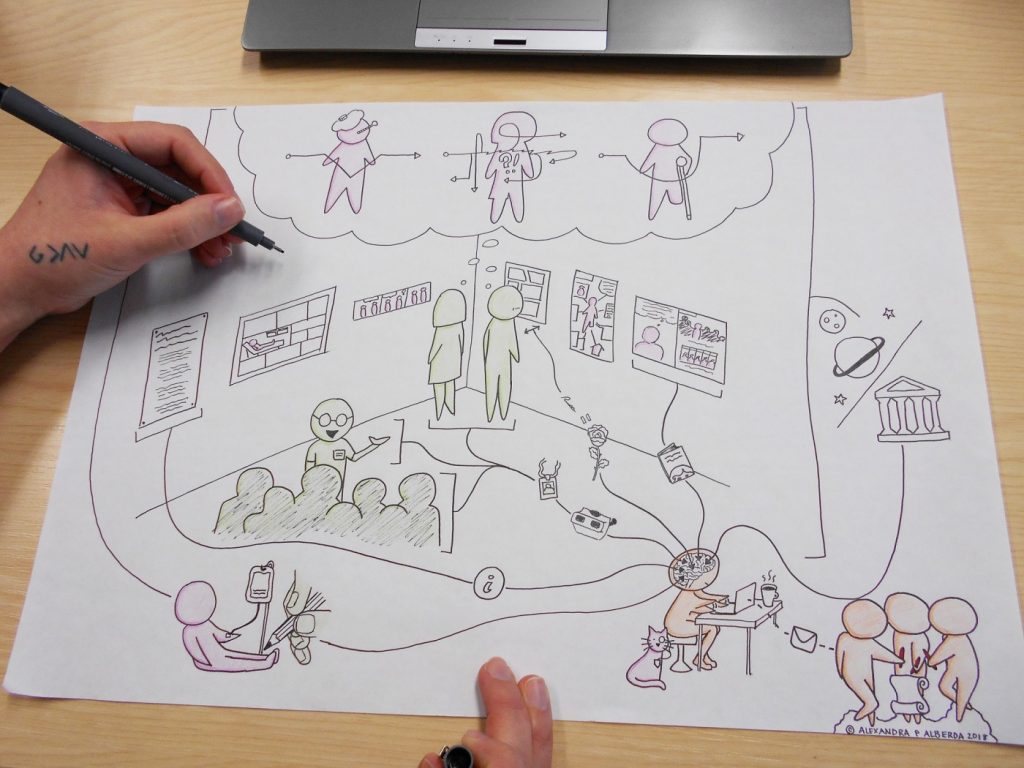

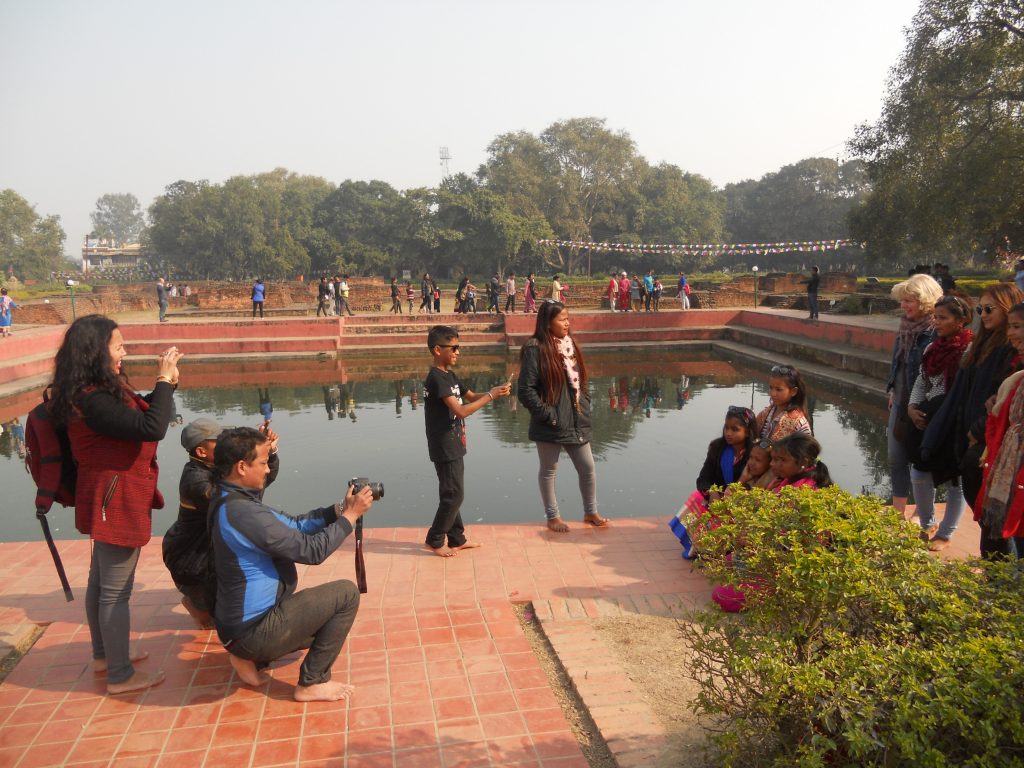

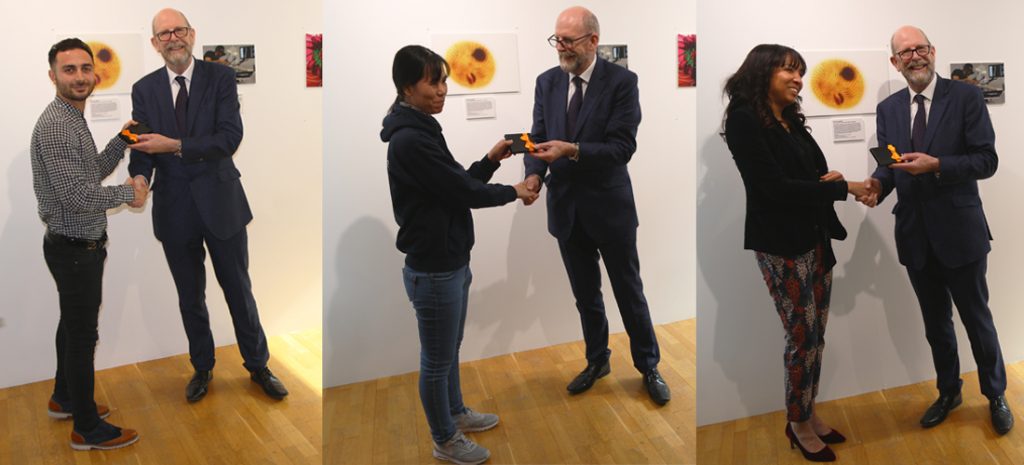
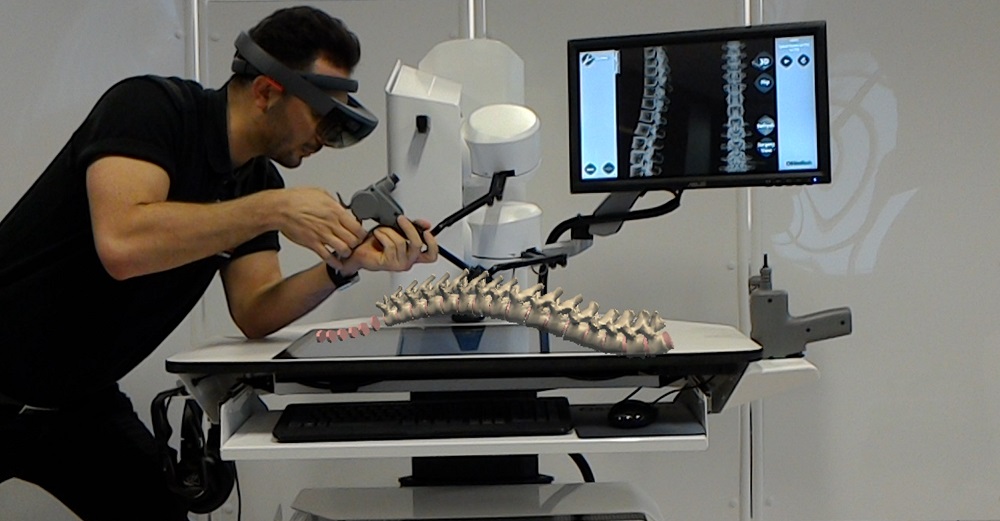
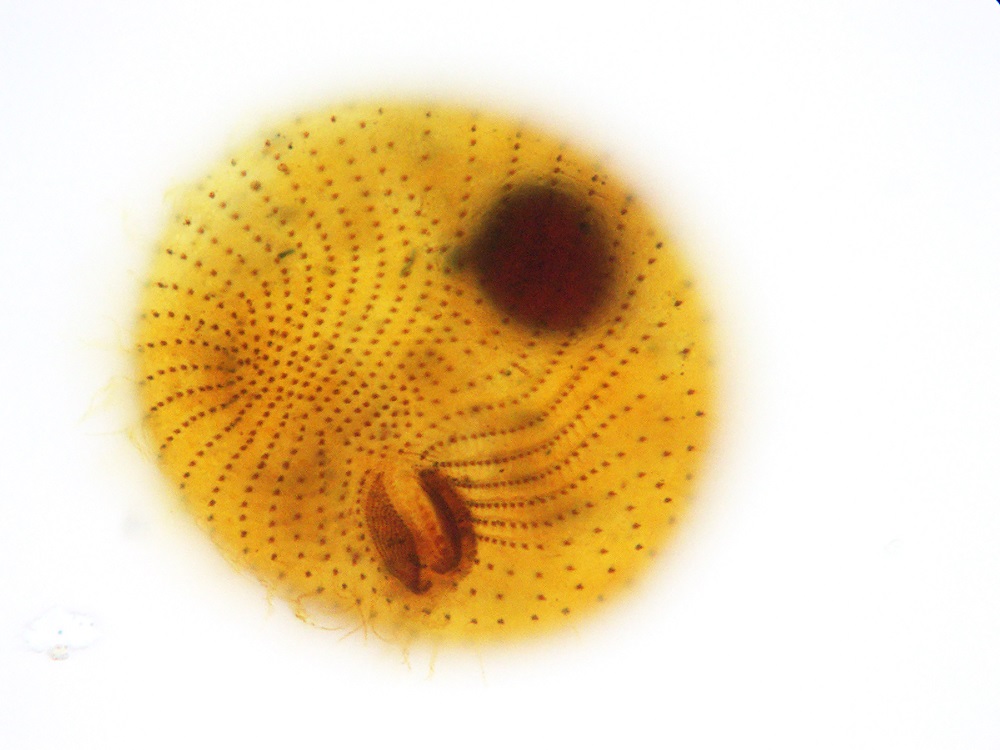

 The awards ceremony for this year’s Research Photography Competition is taking place on Tuesday, 20 March from 1-2pm.
The awards ceremony for this year’s Research Photography Competition is taking place on Tuesday, 20 March from 1-2pm.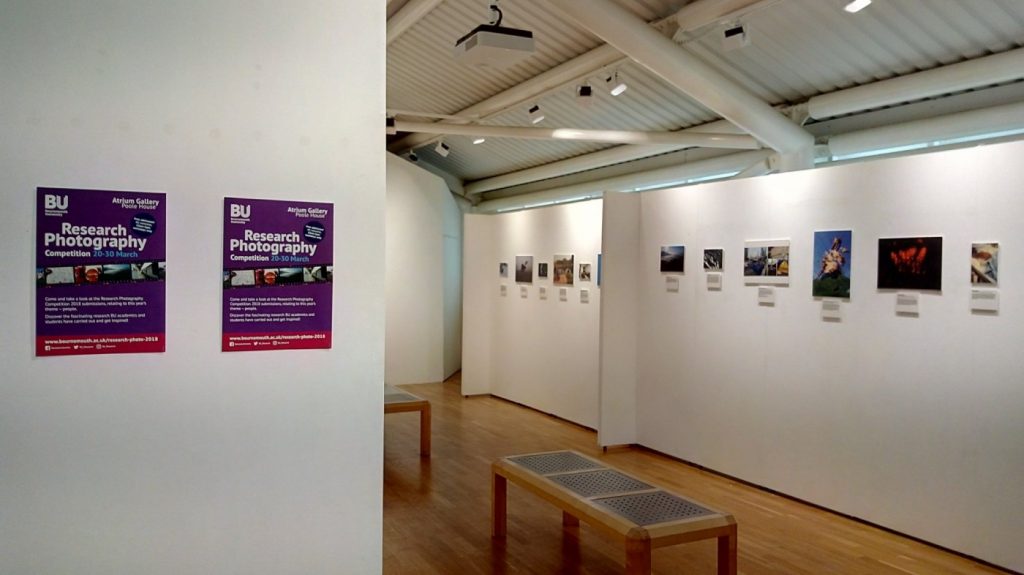
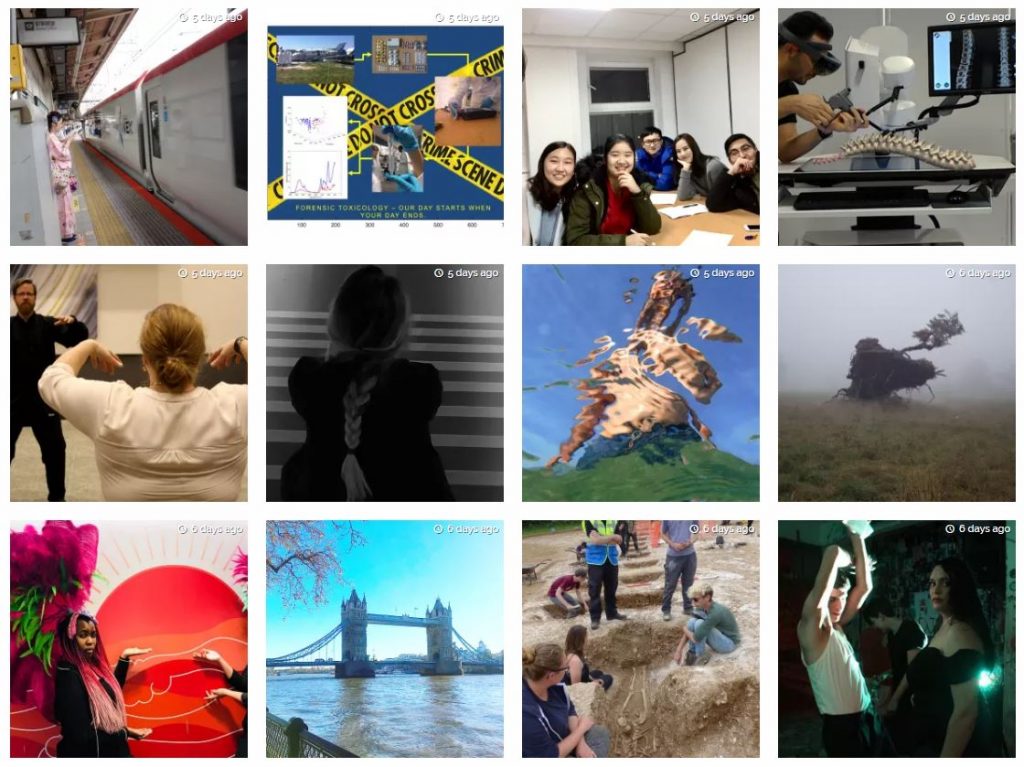
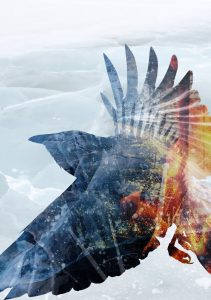
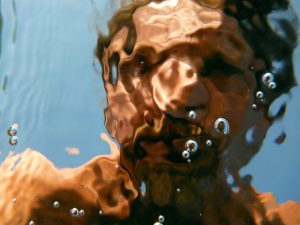

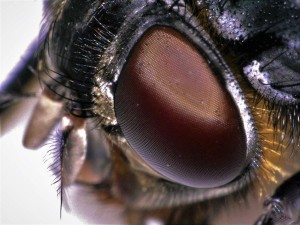 We are delighted to announce that the Research Photography Competition has returned for its fourth year and is now open for entries!
We are delighted to announce that the Research Photography Competition has returned for its fourth year and is now open for entries! Need inspiration?
Need inspiration?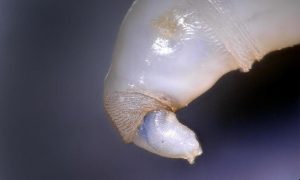
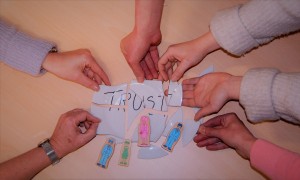

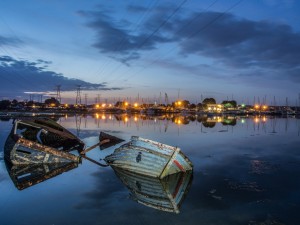
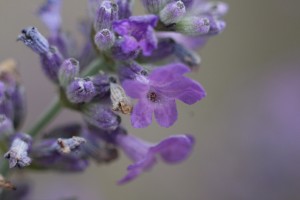


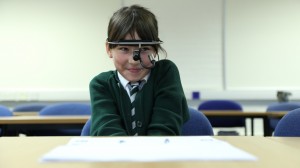











 Expand Your Impact: Collaboration and Networking Workshops for Researchers
Expand Your Impact: Collaboration and Networking Workshops for Researchers Visiting Prof. Sujan Marahatta presenting at BU
Visiting Prof. Sujan Marahatta presenting at BU 3C Event: Research Culture, Community & Can you Guess Who? Thursday 26 March 1-2pm
3C Event: Research Culture, Community & Can you Guess Who? Thursday 26 March 1-2pm UKCGE Recognised Research Supervision Programme: Deadline Approaching
UKCGE Recognised Research Supervision Programme: Deadline Approaching ECR Funding Open Call: Research Culture & Community Grant – Apply now
ECR Funding Open Call: Research Culture & Community Grant – Apply now ECR Funding Open Call: Research Culture & Community Grant – Application Deadline Friday 12 December
ECR Funding Open Call: Research Culture & Community Grant – Application Deadline Friday 12 December MSCA Postdoctoral Fellowships 2025 Call
MSCA Postdoctoral Fellowships 2025 Call ERC Advanced Grant 2025 Webinar
ERC Advanced Grant 2025 Webinar Update on UKRO services
Update on UKRO services European research project exploring use of ‘virtual twins’ to better manage metabolic associated fatty liver disease
European research project exploring use of ‘virtual twins’ to better manage metabolic associated fatty liver disease